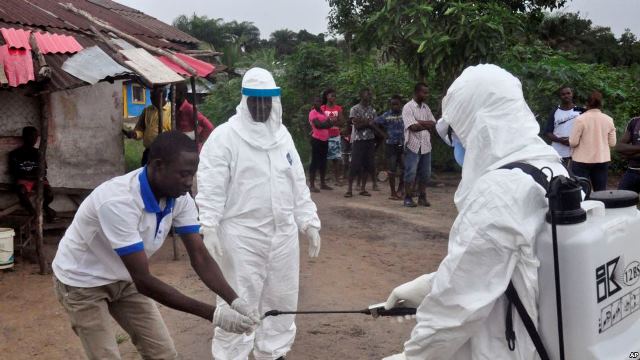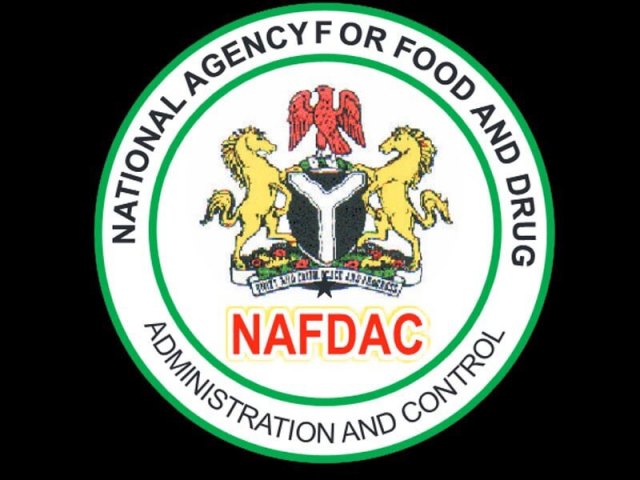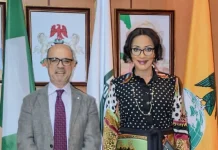The World Health Organisation (WHO) has confirmed that it recorded 32 suspected cases of the Ebola virus in the past two months from the Democratic Republic of Congo (DRC).
The cases, including 18 deaths, were registered around the town of Bikoro in Congo’s northwestern Equateur province between April 4 and May 9, the Geneva-based body said in a statement. Other than the two confirmed cases, 18 patients are considered probable carriers of the Ebola virus, it said.
The Geneva-based body plans to ship experimental vaccines for the virus to the central African country “as quickly as possible so they can be used to save lives,” WHO Director-General Tedros Ghebreyesus said on his Twitter account.
This is Congo’s ninth recorded Ebola outbreak, the last of which was in 2017. An Ebola outbreak in Equateur province in 2014 killed 49 people. The cases were unrelated to the epidemic in West Africa that year in which more than 11,000 people died. The viral disease, which has no known cure or proven vaccine, was first reported in 1976 in Congo and takes its name from a river in that country.
Five samples from hospitalized patients were sent to the National Institute of Biomedical Research in Congo’s capital, Kinshasa, on May 7, of which two tested positive for the Zaire strain of Ebola virus, according to the WHO.
“It is important to remember that there are several types of hemorrhagic fever apart from the Ebola virus” in Congo, Health Minister Oly Ilunga told reporters on Thursday. “All suspected cases are not necessarily cases of Ebola.”
A team of experts has been despatched to Bikoro by the Health Ministry, Ilunga said. They are traveling with rapid-diagnosis tests, as well as protection and treatment kits. The ministry is supported by the WHO, Medecins Sans Frontieres and UNICEF.
The ministry is considering deploying an experimental vaccine, which the government authorized during last year’s outbreak but never used, Ilunga said.
The WHO is waiting for Congo’s government to give it the green light to launch the vaccination program, Deputy Director-General of Emergency Preparedness and Response Peter Salama told a United Nations briefing on Friday.













